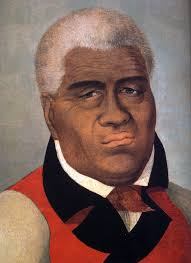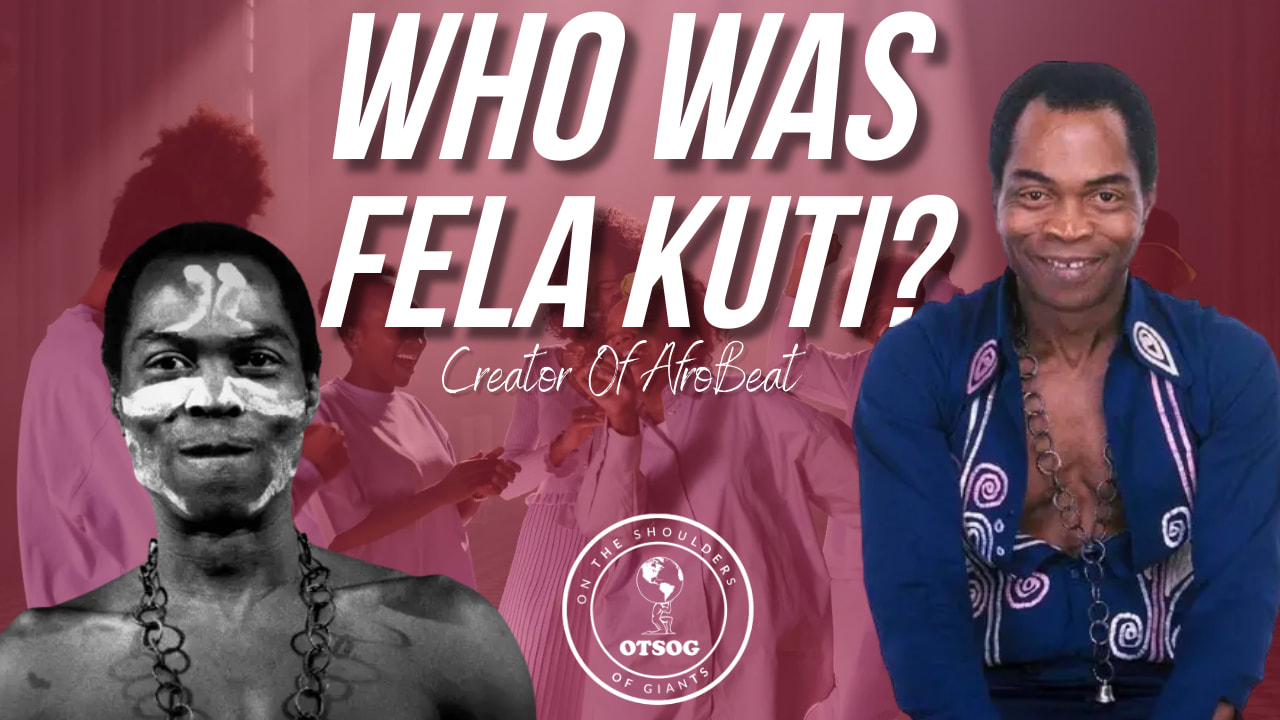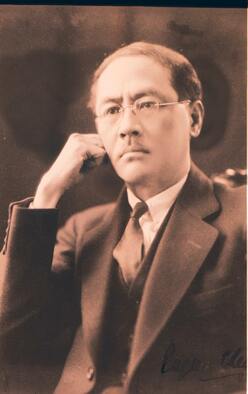|
According to Hawaiian legend a great king would unite the Islands, when a comet appears in the sky. 1758 Hailey’s comet was visible from the Hawaiian Islands; shortly after was the birth of Paiea (Kamehameha). He was born to parents Keoua his father and Keku’Iapoiwa his mother; his father was ali’i (Chief) of a region of the Island of Hawai’i. Kamehameha was the great grandson of Keaweikekahiali`iokamoku, the ruler of a large portion of the Island, after his death war broke out between his son’s Ke`eaumoku, Kalaninui`amamao, and a rival chief, Alapa`inuiakauaua. After the battle Alapa`inuiakauaua emerged victorious, and seized control of the island. After the birth of Kamehameha, Alapa`inuiakauaua ordered the death of Kamehameha because he was afraid of the legend. The parents of Kamehameha were prepared for the birth of their son; they gave him to Nae’ole a fellow ali’I so he could live. While living with Nae’ole he developed a reputation for being a loner so he gained the name Kamehameha which means “the lonely one”, this name replaced his birth name of Paiea. After a five year period, Kamehameha was eventually invited back to live with his family by Alapa`inuiakauaua. Years later, Alapa`inuiakauaua died and his crown was given to his son Keaweaopala. There was a problem brewing amongst members in the family, Kalani’opu’u the brother of Alapa`inuiakauaua had his eye on the crown. War once again broke out, this was a battle at Kealakekua Bay where Kalani’opu’u backed by Kamehameha slayed his nephew Keaweaopala and gained control of the island. For his loyalty to his uncle in the battle, Kamehameha was made the aide to Kalani’opu’u. In 1779 on a trip to Kealakekua Bay with Kalani’opu’u, Kamehameha encountered white men for the first time, they thought they were encountering Lono their God of fertility, but they actually met James Cook Captain of the H.M.S. Discovery. In 1782 Kalani’opu’u died and Kamehameha was given a prominent position within the royal family, he was given an important religious position within the family; the guardian of Kukailimoku the Hawaiian God of war. In addition to becoming the guardian of the God of war, he became the guardian of the district of Wiapo. While Kamehameha was gaining prestige, his cousin Kiwalao became ruler of their region, also he and Kamehameha became rivals. Kamehameha once presented a slain body of an ali’I to the gods as sacrifice, when Kiwalao was supposed to, also he was picked to be the ruler of the island instead of Kiwalao. Kamehameha and Kiwalao finally met in battle at Mokuohai in which Kamehameha emerged the victor and took control of their region. In 1790 Kamehameha went on a military campaign and attacked the district of Puna, which he emerged victorious. While Kamehameha was away, an uprising emerged lead by, Keoua the brother of Kiwalao, as he did before, Keoua escaped the wrath of Kamehameha and fled past an active volcano which erupted and killed a third of his army. In his quest to gain control of the Island of Hawai’i, Kamehameha built a temple to ask the Gods advice; he then invited Kiwalao to meet with him there. Kiwalao being skeptical about the encounter brought a good portion of his army with him. The moment Kiwalao stepped upon the shore he was attacked, he and his bodyguards were cut down by musket fire, with the death of Kiwalao, Kamehameha became the ruler of the Island of Hawai’i. Kamehameha had his eyes on ruling more than just the Island of Hawai’i and his aide came in the form of the white man. He was sold guns by Isaac Davis and John young, who also taught Kamehameha and his army how to use the guns, these weapons made him feel confident about his campaign. With plans to invade Maui and Molokai, Kamehameha was unaware of his enemy Kalanikupule also armed with guns, plans to attack his army. Kamehameha set sail on his campaign in 1795 with 10,000 soldiers; his army easily took control of Maui and Molokai, Oahu, Waialae and Waikiki. Unaware of a traitor in his mist Kamehameha moved forward, Kaiana decided to abandon Kamehameha and join Kalanikupule. With the help of Kaiana, Kalanikupule was able to prepare an ambush for Kamehameha. However the plan failed, Kaiana’s forces were overtaken and killed by Kamehameha’s army. Now the ruler of all islands except Kaua’i and Ni’ihau, his next step was to overtake the remaining two islands. His first attempt in1796 failed because of rebellion in Hawai’i, his governor Namakeha was leading the rebellion, which was soon suppressed. In 1803 he attempted to conquer the islands again, but he and his army fell ill. Kamehameha used this time to build the largest army the islands have ever seen, Kaumualii the Chief of Kaua’i watching the army grow was forced to negotiate rather than fight against the army. With Kaumualii succeeding, Kamehameha became sole ruler of the Hawaiian Islands. Kamehameha ensured that the Island of Hawai’i would stay Independent long after his death, he unified the legal system and used taxes to promote trade with Europe and the United states. Non-Hawaiians were not able to own land in Hawai’i and did not until the rule of the Great Mahele, this allowed Hawai’i to remain independent even though other islands lost their independence. Hawai’i would remain independent until 1898, when it was annexed by the United States. Kamehameha established the “law of the splintered paddle”, which ensured the safety of non-combatants during time of war. This law was the first law established in Hawai’i and it still stands today. Kamehameha was the last ruler to uphold the Hawaiian religion not deciding to convert to Christianity, allowing his culture to remain at least until he died. In 1819 Kamehameha died and left a legacy legends are made of. He fulfilled the prophecy of the king born during the coming of the comet to unite the Island of Hawai’i. Kamehameha we stand on your shoulders. J. A. Ward. Click below to view the Kamehameha I The Great video
0 Comments
Olufela Olusegun Oludotun Ransome-Kuti was born October 15, 1938, in Abeokuta, Nigeria to parents Funmilayo and Reverend Israel Oludotun Ransome-Kuti. Fela was born with great talent in his genes. His father was a Protestant Preacher and School Principle, and his mother was a feminist activist in the anti-colonial movement; she was said to be the inspiration behind Fela’s political activism. In 1958, Fela was sent to Trinity College in London, England to study medicine, but made the decision to study music instead. In College, he formed his first band Koola Lobitos, a band that played a fusion of jazz and highlife. In 1963, Fela moved back to Nigeria and reformed his band, he also trained as a radio producer for the Nigerian Broadcasting Corporation. In 1967, Fela traveled to Ghana and developed Afrobeat. Afrobeat is a complex fusion of Jazz, Funk, Ghanaian/Nigerian High Life, psychedelic rock, and traditional West African chants and rhythms. Fela’s music also incorporated call and response, and he was also known for making songs that could last up to forty-five minutes. Fela developed a reputation for being a showman, his concerts were exceedingly extravagant, and he called his stage act the Underground Spiritual Game. In 1969, Fela arrived in the United States to engage in some recording sessions. While recording in Los Angeles authorities were tipped off by a sour promoter that the band was recording without a permit. The band recorded the sessions in a hurry and later released the sessions as “The ’69 Los Angeles Sessions”. When Fela returned to Nigeria he renamed his band the Africa ’70, he also changed his lyrics from music about love to music about political issues. He formed the Kalakuta Republic, a place where he housed a commune, a recording studio, and a home for the band that was later declared independent from the Nigerian State. Fela became very popular through his music, he made the decision to sing in Pidgin English so his music could reach a larger audience. With fame came problems, he was often targeted and raided by the ruling Government. In 1977, Fela released the album “Zombie”, which was an attack on Nigerian soldiers using zombies as a metaphor for methods the military used. The album was a smash hit and an insult to the Nigerian Government. The Government retaliated with an attack on the Kalakuta Republic, during the attack, one thousand soldiers descended upon the commune. Fela was severely beaten and his mother was thrown from a window causing fatal injuries. Fela’s studio was destroyed and burned down. They lost all their music and their master recordings. In response to his mother’s death, Fela delivered his mother’s coffin to the Dodan Barracks in Lagos, Nigeria, at General Olusegun Obasanjo’s residence. He wrote two songs in addition to delivering his mother’s coffin, “Coffin For Head Of State” and “Unknown Soldier”. In 1978, Fela married 27 women to mark the attack on the Kalakuta Republic, later he adopted a rotation system, keeping only 12 wives at a time. He also had two notorious concerts, and because of a riot at one of the concerts, Fela was banned from Ghana. The other concert was at the Berlin Jazz Festival where his musicians deserted him because of rumors about money. Despite setbacks Fela pushed forward, he formed his political party which he called “Movement of the people”. Fela nominated himself for President in Nigeria’s first elections but was refused. He used his time to create a new band Egypt ’80, which further infuriated the Government by dropping the names of ITT Corporation vice-president Moshood Abiola, and then General Olusegun Obasanjo. In 1984, Muhammad Buhari’s government, Fela’s opponent, jailed Fela on a charge of smuggling currency. Human rights groups took up Fela’s case, and after 20 months, he was released from prison by General Ibrahim Babangida. A condition of his release was his divorcing his remaining twelve wives. Fela continued to release albums with Egypt ’80, performing in Giants Stadium at the Conspiracy of Hope concert with Bono, Carlos Santana, and The Neville Brothers. In 1989, Fela released the anti-apartheid “Beast of a nation” album, depicting Ronald Regan, Margret Thatcher, and Pieter Willem Botha on the album cover. Album output slowed then stopped in the 90s, and he and four members of his organization were arrested for murder. His battle against military corruption took its toll, it was said that he was suffering from illnesses but refused treatment. Fela died on August 7, 1997. More than a million people attended his funeral. Fela left a legacy of servanthood, activism, and relentlessness. He was a musical genius, who used his talents to uplift his people. Fela Oludotun Ransome-Kuti, we proudly stand on your shoulders. J.A. Ward. On July 2, 1878 Eugene Bernard Acham was born in San Fernando, Trinidad to parents Chen Guangquan and Mary Longchallon. His father fled to Trinidad from China where he met Chen’s mother Mary. According to author J.A. Rodgers, Chen is of African – Chinese – Spanish heritage. He received his education from St. Mary’s College, Port of Spain, Trinidad. He then received his law degree in London, England and was admitted to the London Bar Association. He used his education to help him build a successful law practice in Trinidad. In 1899 Chen married Agatha Alphonsin Ganteaume, a black woman of French Creole descent. Due to Chen’s success as a lawyer he was able to build wealth; but he soon lost his wealth due to financial troubles. He fled Trinidad for Peking, China to become the legal advisor to the Ministry of Communications. Eugene Acham changed his last name to Chen when he fled Trinidad for China. Chen was able to start three newspapers, The Peking Gazette, The Shanghai Gazette and People’s Tribune. His next step was to become the legal advisor to Sun Yat Sen and the Chinese Foreign Minister. He served as legal advisor until the minister’s death in 1925. From 1926 – 1934 he served as Foreign Minister for three Chinese governments, as well as led a boycott against British commercial interest. The result of the boycott led to the signing of the Chen-O’Malley Agreement, which allowed Hong Kong to become Chinese property again. Chen was later arrested for his newspaper articles denouncing the German, French and British control over China. Because he was considered a British citizen, he was released from jail. Chen is regarded is the brains, and soul of the Chinese revolution. Chen was now living on Moscow, Russia and initially was welcomed to live. He soon began working with Russians in build a Chinese Communist party, but was stopped and exiled. He returned to Hong Kong in 1944 where he remarried and settled. He remained at the forefront of the fight for the freedom and equality of his people until his death. Mr. Eugene Chen, we proudly stand on your shoulders. J.A. Ward. Click below to view the Eugene Chen video |
Details
Categories
All
Click Here to join our mailing list
|
Contact Us: |
Connect With Us |
Site powered by PIT Web Design




 RSS Feed
RSS Feed



